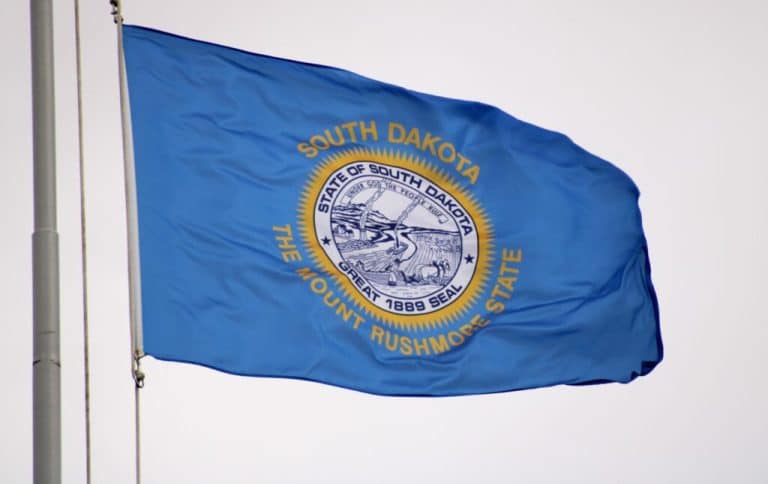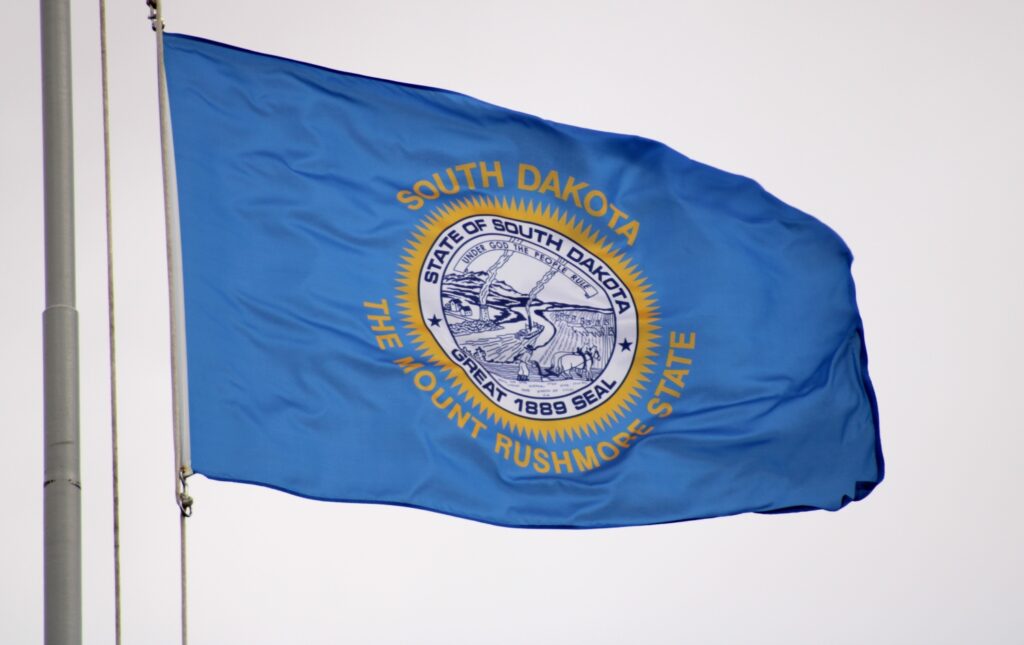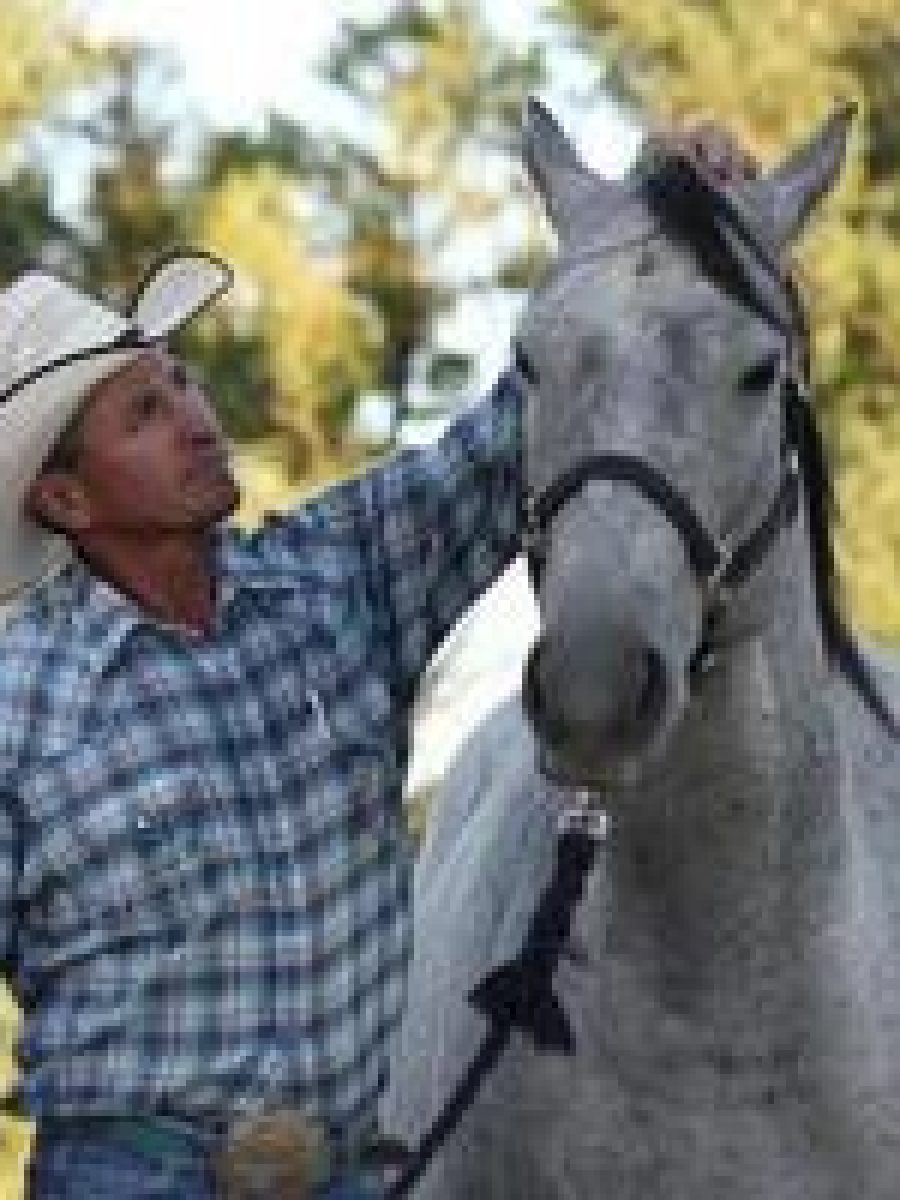UNDATED – With outside political forces adding new stress to South Dakota schools and teachers, a panel of four education experts stressed the importance of restoring trust in professional educators to do their jobs well and focus more on teaching than worrying about potential criticism from beyond the classroom.
The hourlong discussion generally debunked claims that public school teachers and administrators in South Dakota are indoctrinating students to think a certain way, and stressed the importance of treating teacher with respect and providing them with some autonomy in the classroom to reach students from a wide variety of backgrounds. Panelists agreed that across South Dakota, and especially among some of the most outspoken critics of public education, there is a general lack of understanding of what is happening in South Dakota classrooms and the overall good intentions and actions of classroom teachers.
The panel noted that the new stress on teachers is making an ongoing teachers shortage worse in South Dakota. In spring of 2022, the state had more than 500 open teacher positions, far more than in a typical year.
The recent shift to negative attention toward classroom content has left veteran teachers uneasy, but the next generation of educators in South Dakota may be feeling the most disenfranchised, panelist said. Many experienced teachers are retiring early or changing careers and recent teaching graduates are eschewing South Dakota for other states where pay is better and the political stress is lower.
The online panel discussion was hosted by South Dakota News Watch via Zoom and Facebook Live as part of a special report on the increasing influence of politics in public education. Featured panelists were Augustana education professor Sharon Andrews, retired Parker High School teacher Phil Bjorneberg, Rapid City school board member-elect Michael Birkeland, and Jim Holbeck, board development director for the Associated School Boards of South Dakota. The discussion, the most recent segment in News Watch’s ongoing “South Dakota Matters” series of polls and panel discussions, was held June 16 and is available for viewing on the South Dakota News Watch Facebook page.
Panelists said that many individuals feel that they are qualified to have a voice in guiding classroom education, curriculum and teaching standards without having the necessary experience or training of professionals in the classroom.
“I’ve been in schools consistently for the last four decades and teachers are just trying to do what they have a passion to do and what they’ve been trained to do,” said Andrews. “I don’t see this indoctrination or know these agendas.”
Birkeland also highlighted a disconnect he has seen between some parents and teachers. Many parents trust their own children’s teachers, having seen what they’re doing in their classrooms, but remain skeptical about teachers overall. Birkeland said that finding ways to show what teachers are doing in their classrooms in a more public way may be a key to helping bridge the gap between educators and parents and reduce the tension felt in some districts.
Putting more faith in trained teachers to do their jobs according to school standards is also very important, said Andrews.
“[Educators] know what to do. We know a lot about how learning happens. We know a lot about how to teach with a multicultural, inclusive stance but still acknowledge diversity. Just doing that alone is enough for teachers, let alone that we have some hidden agenda that we’re trying to indoctrinate our students.”
While the uproar over what is being taught is relatively new, Holbeck said that there have been no major changes in how school curriculum has been developed and implemented in recent years. Much of the K-12 curricula in South Dakota are designed around textbooks picked by the school or by curriculum directors charged with ensuring their school system is teaching by cohesive guidelines, Holbeck said. He feels that the issues with what is being taught can be traced back to disagreements between political parties.
“[Educators are] out there trying to show both sides of things, but I’m afraid sometimes today there’s people who don’t want to hear both sides, they want to hear their side,” said Holbeck. He also stressed the importance for voters to learn about the positions and values of the candidates running for positions influencing education at the local and state levels prior to elections.
The panel agreed that encouraging current and future educators to stay in the field and thrive in their jobs will play a role in ensuring quality public education for students.
Andrews said she has seen some students get discouraged about the profession because of the political and financial issues the state is experiencing, but she seen more continue to be energetic and demonstrate their enthusiasm to influence and teach younger generations. She hopes to continue to encourage young educators to continue their paths and careers into South Dakota classrooms.
The panelists said more open communication about all the good things happening in public schools may tamp down some of the criticism and political pressure. They also urged teachers to support one another and strengthen camaraderie in the profession as a way to help teacher get through the difficult early years and remain in the profession long term.
To watch a tape of the panel discussion, go to sdnewswatch.org and click on the link provided with the article.













